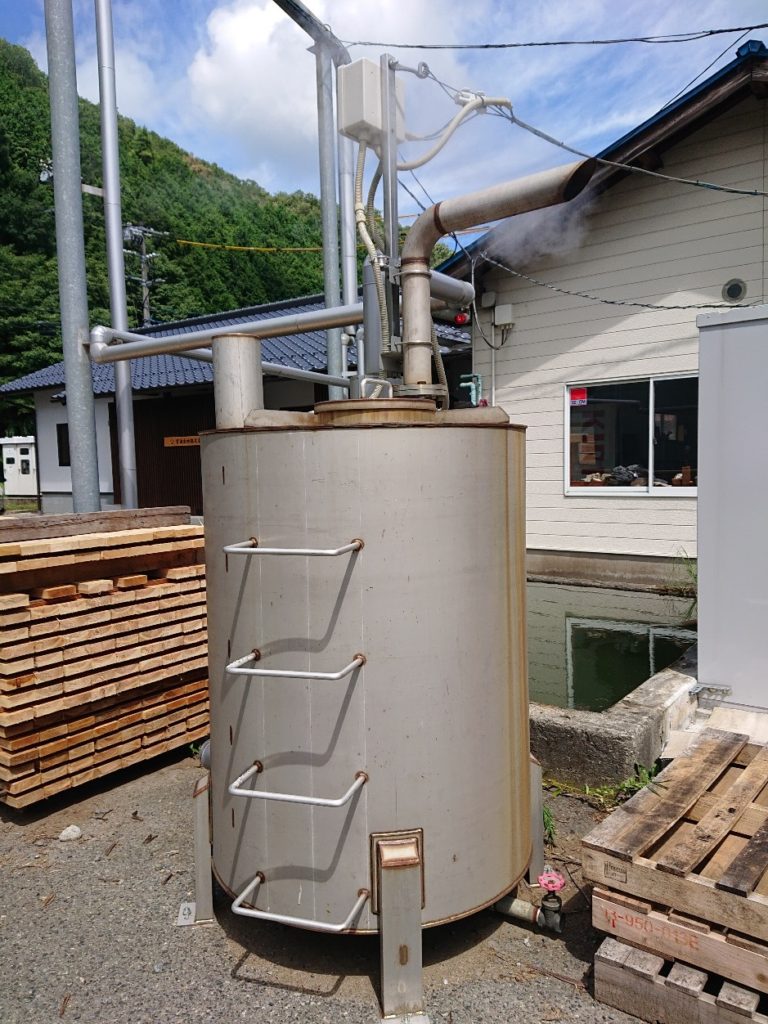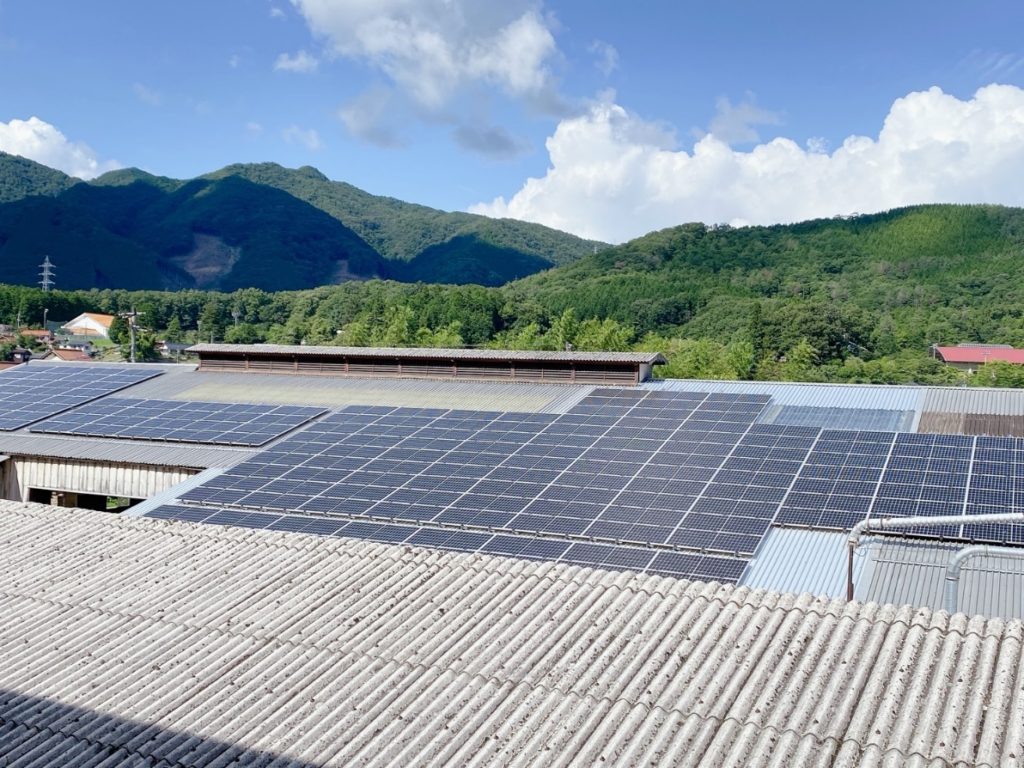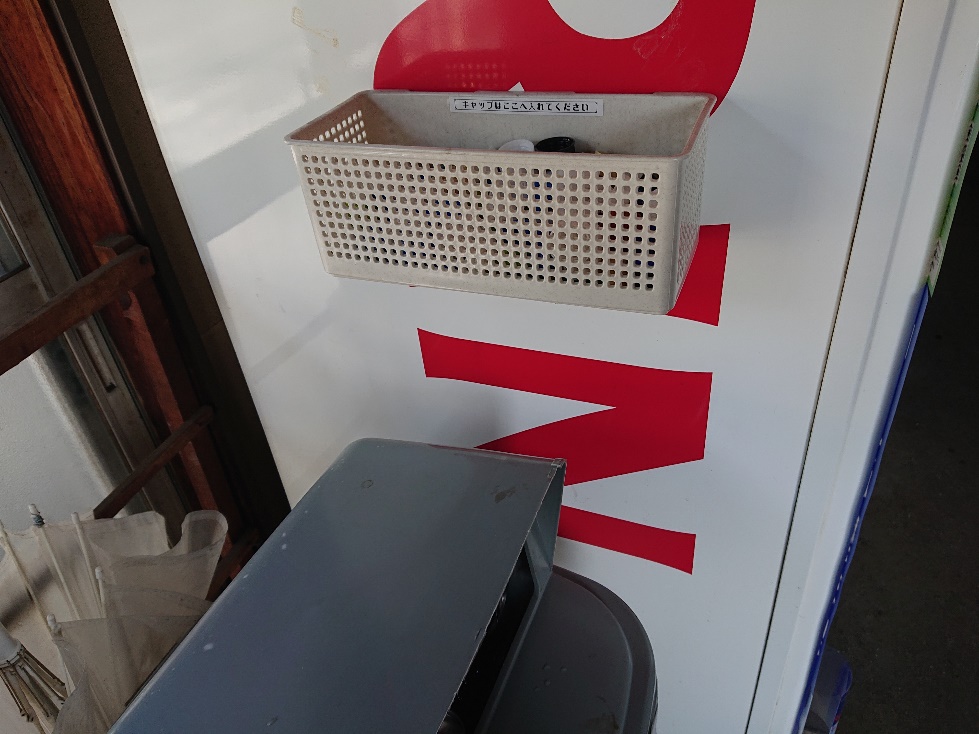Miyasako Mokuzai KK
   |
Aiming to be a passionate company that protects forests and circulates resources |
Targets
12.5 By 2030, substantially reduce waste generation through prevention, reduction, recycling and reuse
This is who we are!
We are a manufacturer that produces constructional materials for housing by sawing domestic timber. Timber is one of the few renewable resources available in Japan. We use this valuable timber to work on the utilization of biomass or other energy sources and the reforestation of mountain forests.
Initiative details
Many of the planted forests in Japan, including those in Hiroshima Prefecture, have reached a stage where they can be used as resources, and we are promoting cyclical forestry, in which trees are harvested, used, planted, and grown. There is a suitable age for harvesting trees, and it is believed that after that time, their ability to absorb CO2 will weaken. Therefore, it is important to harvest and use trees at the appropriate time.
By sawing domestic timber to produce housing components, we cooperate in the reforestation of mountain forests (replanting seedlings on the sites where planted forests have been harvested to create new planted forests), thereby helping ensuring the health of mountains in Japan.
Sawdust from the sawing process at the factory is used as a bedding material for cattle, and slabs are turned into chips and transported to paper mills to be made into various paper products.
In the process of drying timber, which is essential for preventing cracking and bending and increasing the strength of timber in the production of housing components, offcuts are burned in a biomass boiler to generate steam for timber drying. Normally, it is common to generate steam by burning heavy oil, which causes a lot of CO2 emissions, but by using a biomass boiler, CO2 emissions have been greatly reduced.
Also, the steam generated in this process is not wasted. Previously, the used steam had been exhausted, but two years ago, we installed equipment that returns the used steam to the tank, enabling us to reuse the steam and reduce the amount of water and chemicals to be used. As for water, we have been able to reduce to less than half in terms of water bill, ensuring the proper use of limited resources.

Additionally, we use timber as the main ingredient of composted bark. Composted bark is an organic fertilizer made by mixing the bark of logs that is stripped off before sawing with waste discharged from a food factory. We provide Kume Sangyo Co., Ltd. with bark, the base ingredient, which is then mixed with food waste to produce composted bark.
This composted bark has been used for many years by the National Federation of Agricultural Cooperative Associations, other major agricultural corporations, and local farmers through Kume Hiryo Co., Ltd., a group company of Kume Sangyo. The use of organic composted bark, which is made using only naturally derived ingredients, contributes to the production of safe and healthy vegetables. At the same time, we contribute to a food recycling loop and a sustainable, cyclical society.
In this way, we do not just engage in sawing timber, but also work on our activities in consideration of the possibility that each of them will lead to the SDGs.
From this fiscal year, we have started our initiatives to contribute to carbon neutrality by installing solar panels on the roof of our factory to introduce a solar power generation system.

Key Points
What matters most in working on the SDGs is to ensure that the initiatives on them are not conducted solely by the management. We believe that such initiatives will only be meaningful if they are carried out together with employees.
For this reason, we implement initiatives that can be performed by individual employees without any difficulty as part of our efforts to create an internal system. As a first step, we have been collecting PET bottle caps from rest areas and homes for the purpose of “delivering vaccines to children around the world.” Other activities include providing opportunities for individual employees to learn about the SDGs to change their mindsets, and distributing badges to make them more aware of their initiatives.
As a collaboration with stakeholders, personnel of Kume Sangyo and our company communicate with each other in an effort to ensure that bark, which is generated in amounts that vary depending on the season, can be used without any waste.

Miyasako Mokuzai KK
84-2 Shimofuno, Funo-cho, Miyoshi City
+81-0824-54-2011
Tags associated with this article



-150x150.jpg)
